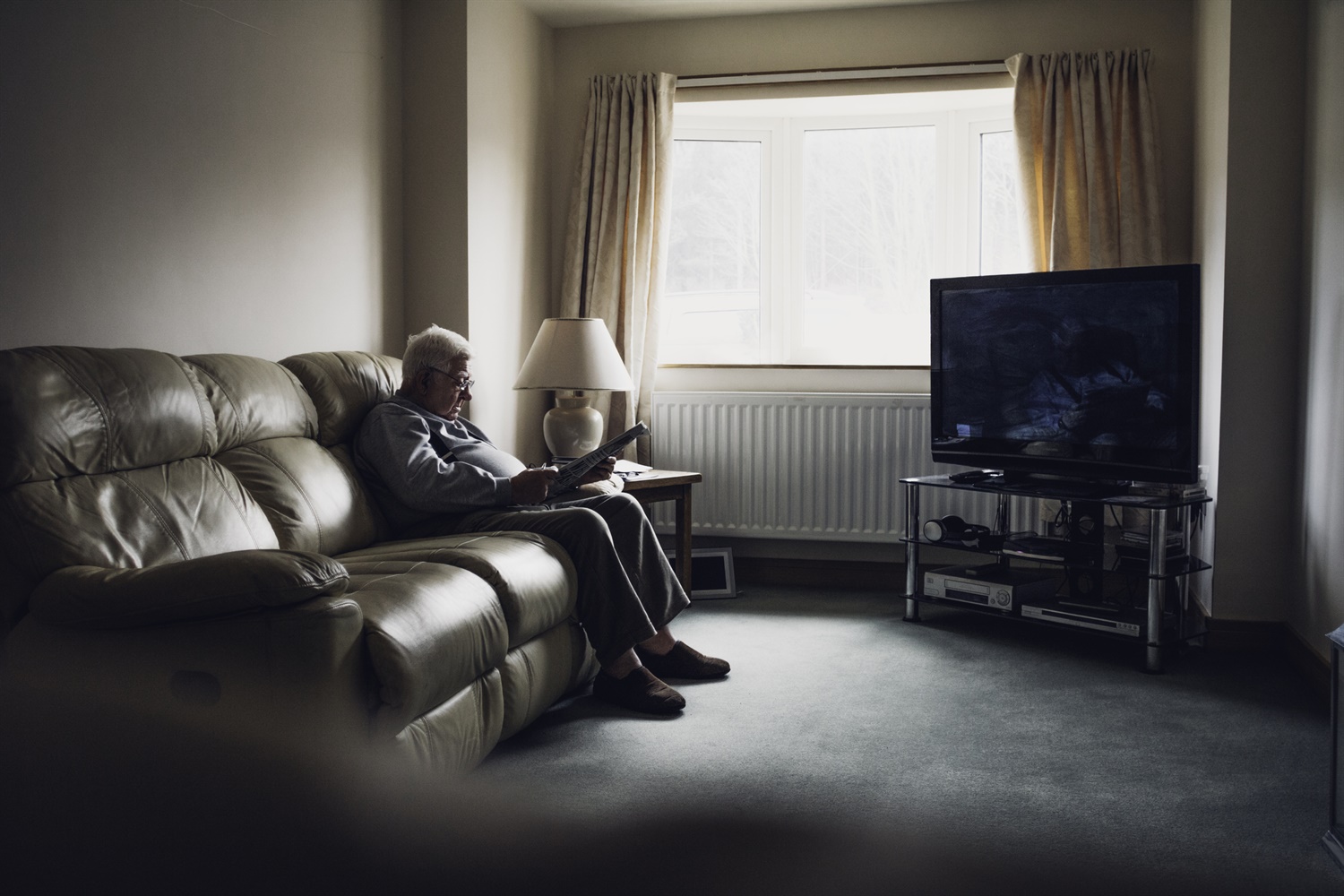22.06.20
The mental health victims of the pandemic – the role of intervention
Parminder Sandhu, Mental Health Services Manager for Health Exchange
As the fallout from the Covid-19 pandemic continues, there is increased awareness that the virus is causing problems far beyond physical illness.
So, what are some of mental health challenges patients are currently facing? And how can we support those impacted to take back control of their mental wellbeing?
Mounting stress and anxiety
The dramatic change in our society has, undoubtedly, created and heightened stress and anxiety.
Lockdown stress is different from other forms of stress, as human needs, such as safety, connection and certainty have been under threat.
The sudden rise of unemployment has left thousands vulnerable and worrying about an unsecure future. Those working from home have reported higher levels of stress in their home environment, often due to the blurring of work and family life. This pressure mounts and can lead to secondary health issues such as sleeplessness and high blood pressure.
Anxiety levels have also increased dramatically, with half of British adults claiming they felt anxious about lockdown. The most vulnerable to the virus have been especially affected anxiety, according to the ONS.
Rising loneliness and depression
Isolation and loneliness cannot be underestimated. It can promote feelings of hopelessness, which can cause and worsen cases of depression.
There is still much we don’t know loneliness. We have learnt, however, that for older people or those that live alone, instead of using clinical resources, it is far more effective to use local support systems.

Isolation and loneliness cannot be underestimated. It can promote feelings of hopelessness, which can cause and worsen cases of depression
Healthcare providers can manage loneliness through social prescribing services. Link workers – the staff that facilitate social prescribing services – are assigned to each patient. In conversation with the patient, they develop a personalised support plan. This plan can provide a range of services, from home visits to lifestyle advice, group activity classes or help with accessing benefits. Advice is also given about how to improve overall health and wellbeing.
Whilst many community programmes are currently being run remotely, they are still highly effective in tackling loneliness. We are seeing three-figure increases in referral rates for our local mental health services – and GPs are gaining confidence in referring to third-party services for extra support.
In the next decade, 7.5 million people are expected to be treated through NHS personalised care models such as this.
The role of intervention
As lockdown continues to ease, healthcare providers must stay closely attuned to how patient mental health has been affected. NHS helplines, access to medication and increased social integration through phone calls and online chats can get patients the help they need.

Parminder Sandhu, Mental Health Services Manager for Health Exchange
Third party services should also be utilised. At Health Exchange, our wellbeing practitioners are running stress programmes online to help those with mental health concerns. Initiatives helping people to address how they are feeling when symptoms first show can aid new development of such cases and encourage people to take control of their own mental health.
The future of mental health
In the future, mental health services will have to diversify. As more wake up to the effects of our current situation on mental health, health providers must adapt. Increased requests for mental health support fuels demand for specialist services and advice.
Localised in-community support will reduce the overall burden on the NHS and the link worker system will allow for consistent access to advice and support which, for mental health, is crucial.
We still do not know the full impact of lockdown on the population’s mental health. But we must ensure it stays front of mind, so patients get the right support as soon as they need it. This will help more people to avoid take control, avoid crisis point, and reduce the pressure on the NHS.